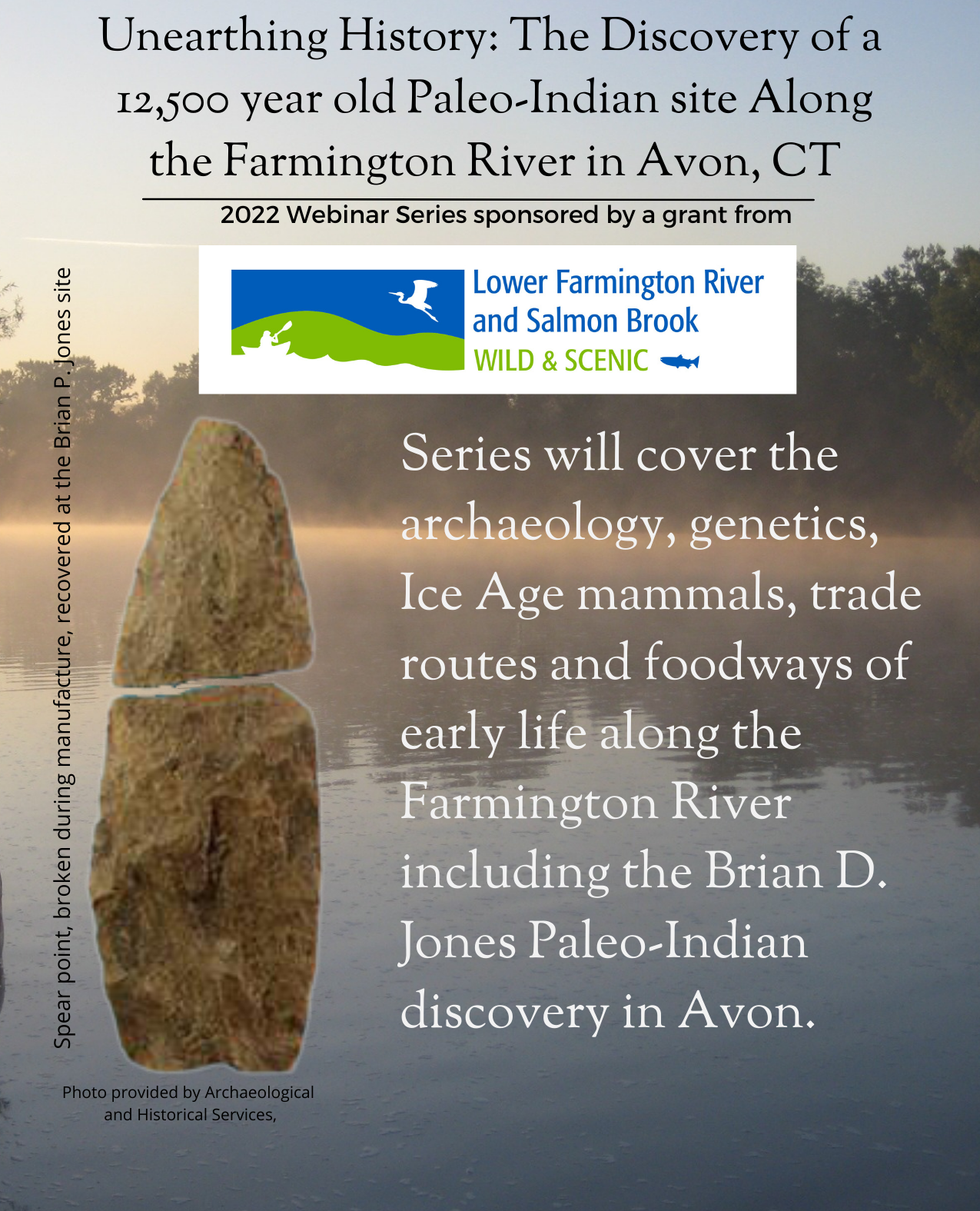May is Mental Health Awareness Month! Join us for these programs
QPR: Suicide Prevention, Wednesday, May 15 at 5:30 pm – 7:00 pm
QPR: Question. Persuade. Refer.
Three simple steps that anyone can learn to help save a life from suicide.
Just as people trained in CPR and the Heimlich Maneuver help save thousands of lives each year, people trained in QPR learn how to recognize the warning signs of a suicide crisis and how to question, persuade, and refer someone to help. Each year thousands of Americans, like you, are saying “Yes” to saving the life of a friend, colleague, sibling, or neighbor. QPR can be learned in our Gatekeeper course in as little as one hour.
As a QPR-trained Gatekeeper you will learn to:
- recognize the warning signs of suicide
- know how to offer hope
- know how to get help and save a life
This free 90-Minute training will be run by Justine Ginsberg, BSN, RN Justine is the Community Health Coordinator and Program Director – RGH for Farmington Valley Health District.
If you are a Parent, Caregiver, Veteran, Educator, Teenager, or a compassionate human, you are welcome to attend this workshop.
Please register; this session is limited to 30 people. If we exceed capacity we will offer another session.
Reminders will be sent out before the program. Register here.

Mental Health First Aid Training, Saturday, June 1 at 8:30 am – 4:30 pm
Mental Health First Aid teaches you how to identify, understand and respond to signs of mental illness and substance use disorders. This training gives you the skills you need to reach out and provide initial support to someone who may be developing a mental health or substance use problem and help connect them to the appropriate care.
What this course covers:
• Common signs and symptoms of mental illness
• Common signs and symptoms of substance use
• How to interact with a person in crisis
• How to connect the person with help
• NEW: Expanded content on trauma, addiction and self-care
Who should take this course: Employers, Police officers, Hospital staff, First responders, Faith leaders, Community members, Caring individuals
Please register. This is a full day of programming. Please bring a bag lunch; the community room refrigerator and microwave will be available for use.
Class size is limited to 30 students. View a pdf on this course here. Register here.
This course will be taught by Justine Ginsberg, BSN, RN Justine is the Community Health Coordinator and Program Director – RGH for Farmington Valley Health District.
 Unearthing History: The discovery of a 12,500 year old Paleo-Indian site along the Farmington River in Avon. Join us for a virtual series of lectures, sponsored by a grant from the Lower Farmington River and Salmon Brook Wild and Scenic Committee that will cover the archaeology, genetics, ice age mammals, trade routes and food ways of early life along the Farmington River, with a focus on the Brian D. Jones Paleo-Indian discovery in Avon, Connecticut.
Unearthing History: The discovery of a 12,500 year old Paleo-Indian site along the Farmington River in Avon. Join us for a virtual series of lectures, sponsored by a grant from the Lower Farmington River and Salmon Brook Wild and Scenic Committee that will cover the archaeology, genetics, ice age mammals, trade routes and food ways of early life along the Farmington River, with a focus on the Brian D. Jones Paleo-Indian discovery in Avon, Connecticut.